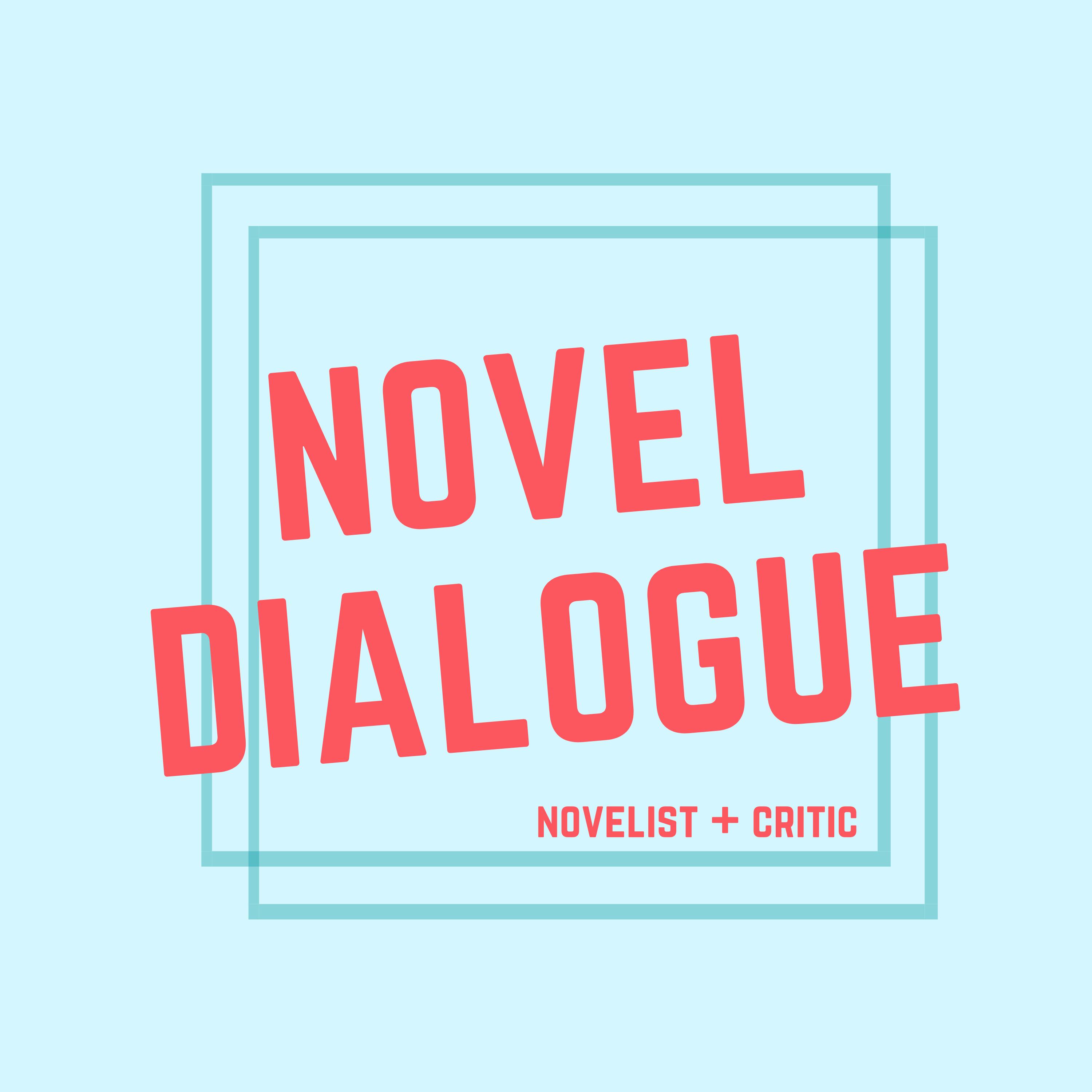12 tables; 300 novels, 1500 pages of nature description: This is how Tom Comitta created The Nature Book, a one-of-a-kind novel cut from 300 years of English literary tradition. It has no human characters, no original writing, and it is astoundingly good! Tom sits down with distinguished Harvard prof, Deidre Lynch and host Aarthi Vadde to talk about how Tom wrote a book out of found language. The conversation reveals why The Nature Book is so compelling: it scrambles the usual distinctions between narrative and database. It is fast-paced, propulsive, full of cliffhangers and yet also a “mood collage” composed of macro, micro, and nanopatterns that Tom identified in their corpus. Writing through a complex set of Oulipo-like constraints, they checked their own authorial freedom to create a book in which the human hand becomes distant and ghostly – its traces felt in the change of seasons and at the bottoms of oceans yet nowhere seen.
Deidre connects Tom’s “literary supercut” (their own term for their practice) to the centuries-old tradition of commonplacing in which ordinary readers would cut and paste favored passages into books that then became archives of personal experience and collective memory. The Nature Book thus finds its place in a countercultural tradition of authorship where recycling takes precedence over invention. Copying, curation, and rearrangement become a novelistic style of “degrowth” in which writers discover that, in lieu of developing new language, they can plumb the depths of our already existing language. The episode ends with a series of surprising answers to the signature question: narratives and databases cross paths with hookups and keepsakes!
Mentioned in this Episode:
Kota Ezawa
Emily Brontë, Wuthering Heights
Fiction for Dummies
Amitav Ghosh, The Great Derangement
Herman Melville, Moby Dick
It Narratives – narratives in which protagonists are often manufactured objects (e.g. Adventures of a Corkscrew (1775))
Elvia Wilk, Death by Landscape
Andy Warhol Foundation for the Visual Arts, Inc. v. Goldsmith et al.
Listen and Read:
Audio: Narrative, Database, Archive
Transcript: 6.3 Narrative, Database, Archive

7.2 You Write Because You Want to Feel Free: Katie Kitamura and Alexander Manshel (SW) – Novel Dialogue
- 7.2 You Write Because You Want to Feel Free: Katie Kitamura and Alexander Manshel (SW)
- 7.1 Etherized: Anne Enright in Conversation with Paige Reynolds (JP)
- 6.6 Overtaken by Awe: Sheila Heti speaks with Sunny Yudkoff
- 6.5 Attention is Love: A Discussion with Lauren Groff and Laura McGrath (SW)
- 6.4 “We All Relate to Each Other’s Dystopias”

